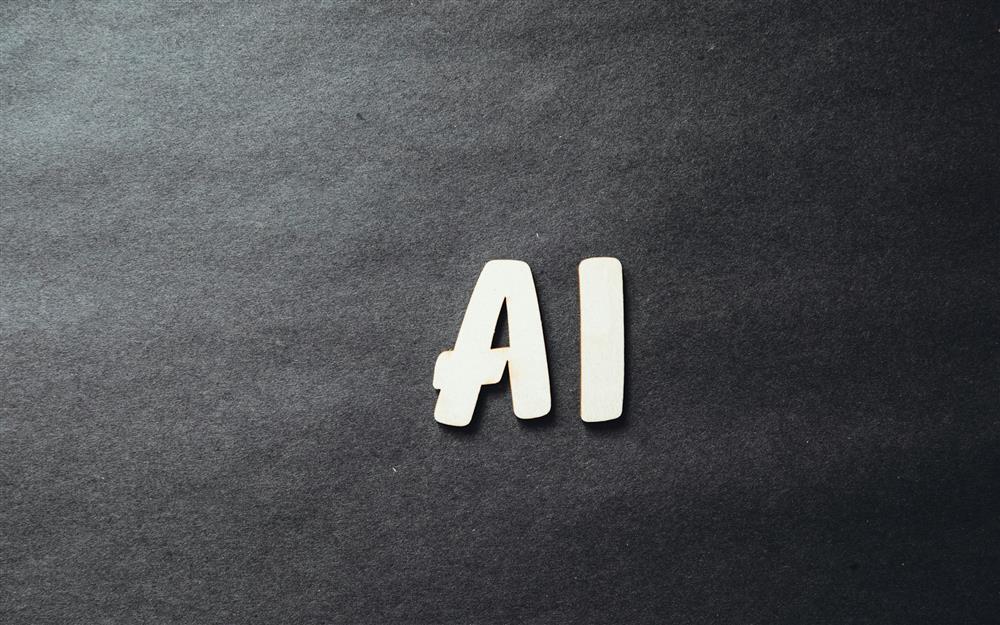The rapid advancement of artificial intelligence (AI) is both exciting and unsettling. While AI brings incredible innovations, it also introduces serious risks that individuals and businesses must be aware of. From cybersecurity threats to ethical dilemmas, the risks associated with AI are evolving just as quickly as the technology itself.
In this article, we’ll explore some of the biggest AI-related threats, the risks they pose, and how you can stay protected. Whether you’re a business owner, a tech enthusiast, or just someone curious about the future, it’s important to understand the potential dangers of AI and the steps you can take to mitigate them.
The Biggest AI-Related Threats
1. Cybersecurity Attacks Powered by AI
Hackers are becoming more sophisticated, and AI is giving them even more powerful tools to work with. Cybercriminals can now use AI to automate attacks, identify vulnerabilities in systems, and create more convincing phishing scams. AI-powered malware and deepfake scams make it increasingly difficult to differentiate between real and fraudulent communications.
For instance, AI-generated deepfake videos and audio recordings can impersonate company executives, tricking employees into transferring funds or revealing sensitive information. Attackers can also use AI to analyze vast amounts of data, helping them crack passwords and security measures more efficiently than ever before.
2. Job Displacement and Economic Risks
One of the most widely discussed concerns about AI is job automation. AI-driven systems are replacing workers in various industries, from manufacturing to customer service. While AI can create new job opportunities, it also threatens many existing roles, particularly those that involve repetitive tasks.
The rise of AI-driven automation could lead to mass layoffs, economic instability, and an increasing divide between those who can adapt to new technology and those who cannot. Companies must find ways to reskill their workforce and ensure that AI is used to enhance human productivity rather than replace it entirely.
3. Bias and Ethical Issues in AI
AI systems are only as good as the data they are trained on. Unfortunately, biased data leads to biased AI, which can reinforce discrimination and inequality. Many AI models have been found to favor certain demographics over others, resulting in unfair hiring practices, biased law enforcement decisions, and discriminatory lending policies.
Ethical AI development requires transparency, accountability, and diverse training data to minimize bias. However, as AI systems become more complex, it becomes harder to audit and regulate them effectively. Without proper oversight, AI could inadvertently reinforce social inequalities rather than solve them.
4. Privacy Concerns and Data Exploitation
AI relies heavily on data, and the more data it has, the better it performs. However, this dependence on data raises serious privacy concerns. Tech companies and advertisers use AI to analyze personal data, predict user behavior, and target consumers with hyper-personalized ads.
While this can be convenient, it also means that personal information is constantly being tracked, stored, and potentially misused. AI-driven surveillance systems, facial recognition technology, and data collection practices could erode privacy rights if not properly regulated.
5. The Risk of AI Becoming Too Autonomous
One of the more futuristic (but very real) risks of AI is the potential for it to become too autonomous. As AI systems become more advanced, there is a growing concern that they could make decisions without human oversight. In critical areas such as military applications or healthcare, this could have catastrophic consequences.
While we are still far from AI achieving full autonomy, the increasing complexity of AI-driven decision-making raises ethical and safety questions. Who is responsible when AI makes a mistake? How can we ensure AI remains under human control? These are questions that governments, researchers, and businesses must address sooner rather than later.
How to Stay Protected from AI Risks
While AI risks are significant, there are steps you can take to protect yourself and your business from potential threats. Here’s how:
1. Strengthen Cybersecurity Measures
Since AI-powered cyber threats are on the rise, it’s more important than ever to have strong cybersecurity practices in place. Use multi-factor authentication (MFA), regularly update passwords, and invest in cybersecurity solutions to protect your personal and business data. Consider working with a cyber security consultant to assess vulnerabilities and implement robust security measures.
2. Stay Informed and Educated
The more you understand AI risks, the better equipped you’ll be to handle them. Follow tech news, read up on AI ethics, and stay informed about the latest cybersecurity threats. If you’re a business owner, provide cybersecurity training for employees to help them recognize and avoid AI-powered scams.
3. Advocate for Ethical AI
Companies and governments must prioritize ethical AI development. Support organizations and policies that promote transparency, fairness, and accountability in AI. Encourage businesses to implement responsible AI practices and avoid using AI in ways that could cause harm or perpetuate biases.
4. Protect Your Privacy
Be mindful of the data you share online. Adjust privacy settings on social media, use encrypted messaging apps, and be cautious when providing personal information to websites or apps. Consider using VPNs and other tools to safeguard your digital footprint.
5. Encourage Responsible AI Use in the Workplace
If you’re a business leader, ensure that AI is used responsibly within your organization. Invest in employee training to help your workforce adapt to AI advancements rather than be displaced by them. Implement AI systems that enhance human work rather than replace it entirely.
Conclusion
AI is an incredibly powerful tool, but it also comes with risks that shouldn’t be ignored. From cybersecurity threats and privacy concerns to job displacement and ethical dilemmas, AI’s impact on society is profound. However, by staying informed, strengthening security measures, and advocating for responsible AI practices, we can harness the benefits of AI while minimizing its dangers.
As technology continues to evolve, businesses and individuals must take proactive steps to stay protected. Whether it’s through education, stronger cybersecurity, or ethical AI development, the key is to remain vigilant and prepared. If you need expert guidance on securing your business against AI-driven threats, consulting with a cyber security consultant can be a valuable step in the right direction. Your IT Department give consultations and services that right fits for your business security, visit their website here https://www.your-itdepartment.co.uk/cyber-security/cyber-security-consultant/.




Leave Comment